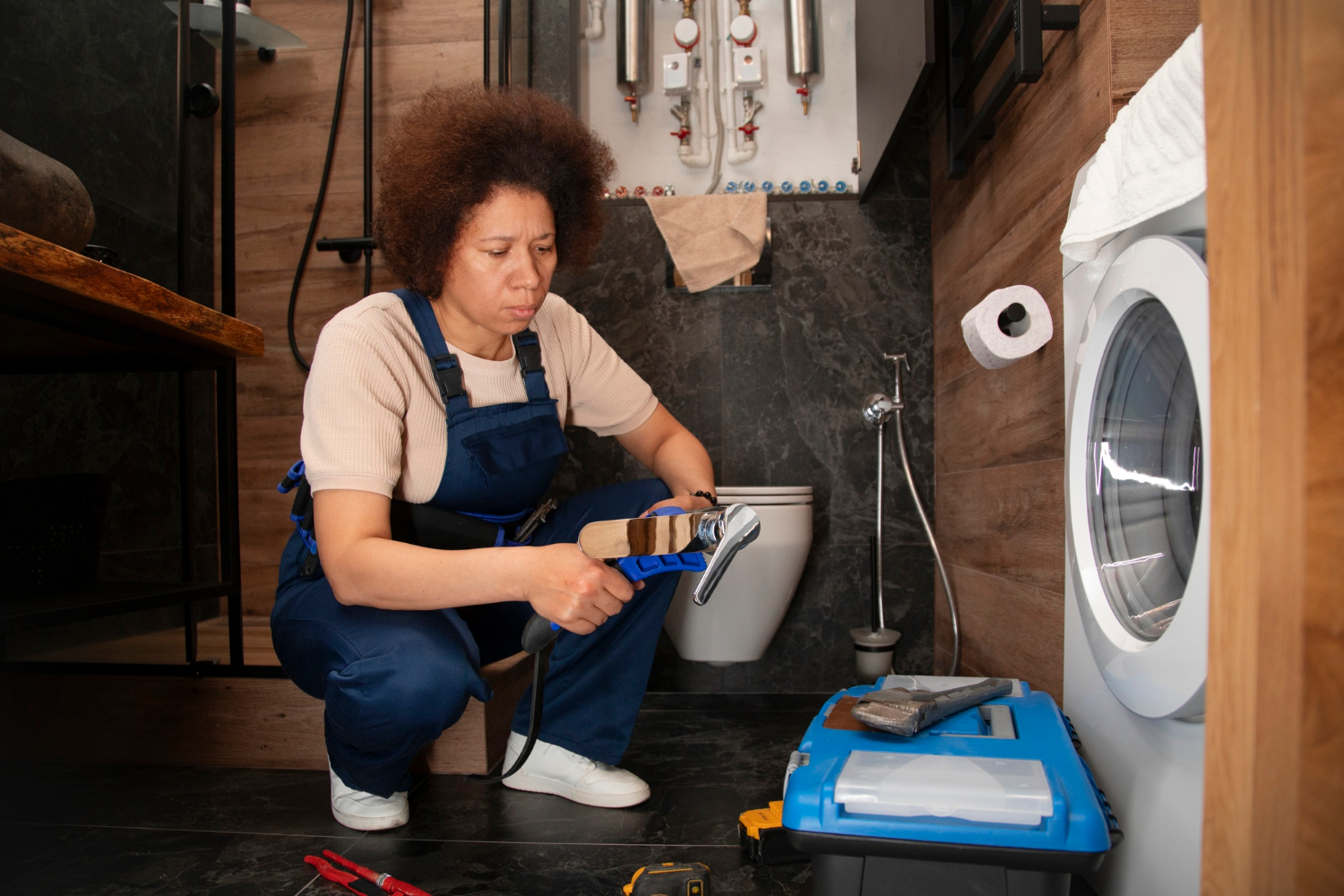Mechanical estimator play an essential part in the construction and engineering field, and they are responsible for accurately estimating the amount and size of projects. Their role is crucial in making sure that budgets are set accurately and ensuring that businesses remain at a competitive advantage in bidding. By combining expertise in the field, analytic skills, as well as a keen attention to the smallest details mechanical estimators establish the financial basis for successful projects
The Role of a Mechanical Estimator
The estimates they bring are vital to project proposals and contracts as well as benefit firms that make competitive bids in the process of competing to win construction or maintenance contracts.
The job can be varied and includes a wide range of tasks, which include:
Examining Plans and Specifications Plans and Specifications
Mechanical estimators start by carefully examining the project’s plans, drawings, and specifications. They outline the scope of work as well as add important information on the mechanical equipment in the project. Estimators make use of this information to comprehend the scope of the project’s needs as well as the type of equipment that must be replaced, installed, or repaired.
The Quantification of Materials and Labor:
One of the most important tasks is calculating the labor and materials required to complete a task. Estimators break down the elements of the project to figure out the amount of piping or ductwork as well as other components that will be required. In addition, they estimate the number of hours needed to finish the mechanical tasks while accounting for the difficulty of the work and the number of employees required.
Materials Costs for Sourcing:
Once you have determined the amount of material, the mechanical estimators look into the price of these products. They are in close contact with vendors and suppliers to find the most accurate price. Variations in the market as well as bulk purchase opportunities and the possibility of shipping charges are taken into consideration to assure that the price is as precise as it can be.
Labor Cost Calculation:
Labor costs are typically a large part of a mechanical work project’s expense. Estimators have to determine these expenses based on the number of hours that are required as well as the costs for the various tradespeople who are involved, such as pipefitters, welders, HVAC technicians, and electricians. This calculates where the project is located since labor costs will vary greatly based on the location or extent of the task.
Accounting for equipment and overhead:
In addition to the cost of materials and labor, mechanical estimators need to take into account the expense of the equipment that is required to complete the project. As an example, big-scale mechanical jobs may require cranes or hoists for the installation of massive HVAC equipment.
Analyzing and expenses:
A good estimator evaluates risks that might have an impact on the project’s budget. This could include unexpected issues on site, delays to deliveries of material, as well as weather-related interruptions. By factoring in contingencies–additional funds set aside to cover unexpected expenses–estimators help ensure that projects remain within budget even when challenges arise.
Making cost estimates and bid proposals
When all pertinent information is collected, the mechanical estimators create a thorough cost estimate. It is typically provided in the form of a bid proposal, which describes the entire project’s cost and breaks down every component like material, labor, as well as equipment, and overhead.
Skills and Competencies Required for a Mechanical Estimator
The job of a mechanical estimator demands a unique mix of analysis skills and business expertise. Here are a few most important abilities that are necessary to succeed in this industry:
The technical understanding of mechanical systems:
A mechanical estimator should have an in-depth comprehension of the systems they’re estimating, regardless of whether they are HVAC or plumbing, piping, or any other system. Their technical understanding helps them evaluate the required materials and work for every task. Most estimators with mechanical backgrounds have education in construction management, engineering, or other trades such as plumbing or HVAC, which allows them to get hands-on experience with the systems they work with.
Careful information:
Estimating requires the highest concentration on the smallest details. An error of just a few millimeters in an estimation could result in significant budget overruns or a subpar bid that could impact the firm’s performance. Mechanical estimators should carefully study every element of a plan to warrant there is no oversight.
Skills in Mathematics and Analytical
Mechanical estimators must be math-savvy and comfortable using calculations and formulas. They must be able to quickly and precisely calculate costs as well as timeframes, amounts, and quantities. Strong analytical knowledge is necessary for understanding requirements and plans for projects as well as making educated decisions with the benefit of data.
Affinity in estimation software:
Modern mechanical estimators often use specialized estimator software for streamlined tasks. The programs let them provide project specifics and produce cost estimates that are based on recent market information. Experience with programs such as Trimble, FastEST, or QuoteSoft is typically required in the business.
Communicating and Negotiating Skills
Estimators need to communicate energetically with vendors, suppliers, and other project stakeholder. Strong negotiation knowledge is essential to secure accurate rates for the materials or subcontractor support.
Problem-Solving Skills
Mechanical estimators need to be able to spot possible issues before they occur. If it’s locating alternative products to fit budget restrictions or changing the schedule of labor to meet short deadlines, problem-solving abilities are crucial to the job.
Vocation path and openings for growth
A job as a mechanical estimator can be rewarding, offering potential for advancement and specification. Most mechanical estimators begin at entry-level jobs as junior estimators and gain expertise by working with more experienced professionals. In time, they’ll advance to higher-level estimator positions, handle larger tasks, with more complexity, and oversee groups of estimators.
Mechanical estimators who have excellent business talent can be elevated to higher roles, including operations director or manager of estimation in charge in the direction of the estimation department as well as the bidding process in a firm.
Conclusion
The work that a mechanical estimator does combines experience in engineering, financial expertise, and problem-solving abilities. Estimators are essential in the successful completion of engineering and construction projects by providing accurate and cost-effective estimates. Their job is to help businesses secure contracts, control budgets, and ensure that projects are completed on schedule and on time. For those with a knowledge of mechanical systems, a sense of detail, and an aptitude for math, a job as a mechanic estimator is both demanding and rewarding.
Stay tuned for more news and updates on Frolic Beverages!











